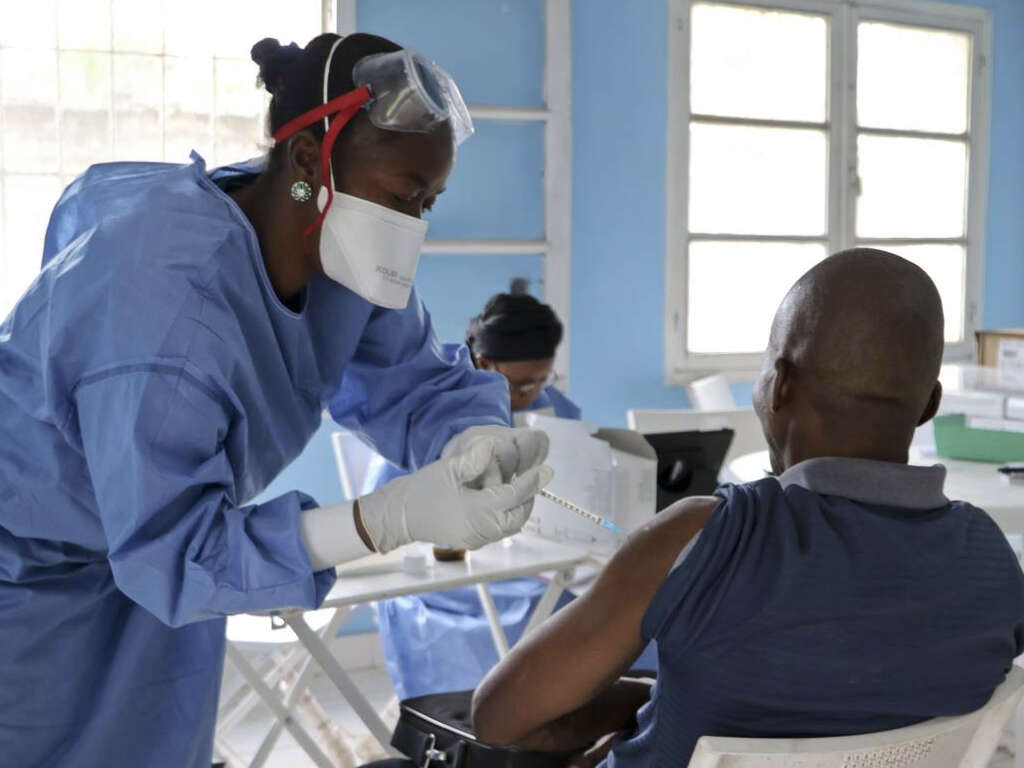10 Tularemia Symptoms
 Article Sources
Article Sources
- 1. 'Signs and Symptoms of Tularemia | CDC.' Centers for Disease Control and Prevention, 18 Dec. 2019, www.cdc.gov/tularemia/signssymptoms/index.html
- 2. 'Tularemia - Symptoms and Causes.' Mayo Clinic, 29 Aug. 2018, www.mayoclinic.org/diseases-conditions/tularemia/symptoms-causes/syc-20378635
- 3. 'Tularemia: MedlinePlus Medical Encyclopedia.' MedlinePlus - Health Information from the National Library of Medicine, medlineplus.gov/ency/article/000856.htm
- 4. 'Tularaemia. Understand About Tularaemia Zoonosis Infection.' Symptom Checker, Health Information and Medicines Guide | Patient, 19 Oct. 2016, patient.info/doctor/tularaemia
Swollen Lymph Nodes
Swollen lymph nodes are another symptom of tularemia. This can result in painful lumps under the skin as the lymph nodes swell and become tender.1‘Signs and Symptoms of Tularemia | CDC.’ Centers for Disease Control and Prevention, 18 Dec. 2019, www.cdc.gov/tularemia/signssymptoms/index.html Where swollen lymph nodes develop can point to the type of tularemia a person has.
It's common for ulceroglandular or glandular tularemia to affect lymph nodes in the armpit or groin. Tularemia infecting the throat commonly affects lymph nodes in the neck, and swollen lymph nodes in front of the ear may indicate an eye infection.2‘Tularemia - Symptoms and Causes.’ Mayo Clinic, 29 Aug. 2018, www.mayoclinic.org/diseases-conditions/tularemia/symptoms-causes/syc-20378635
Advertisement











